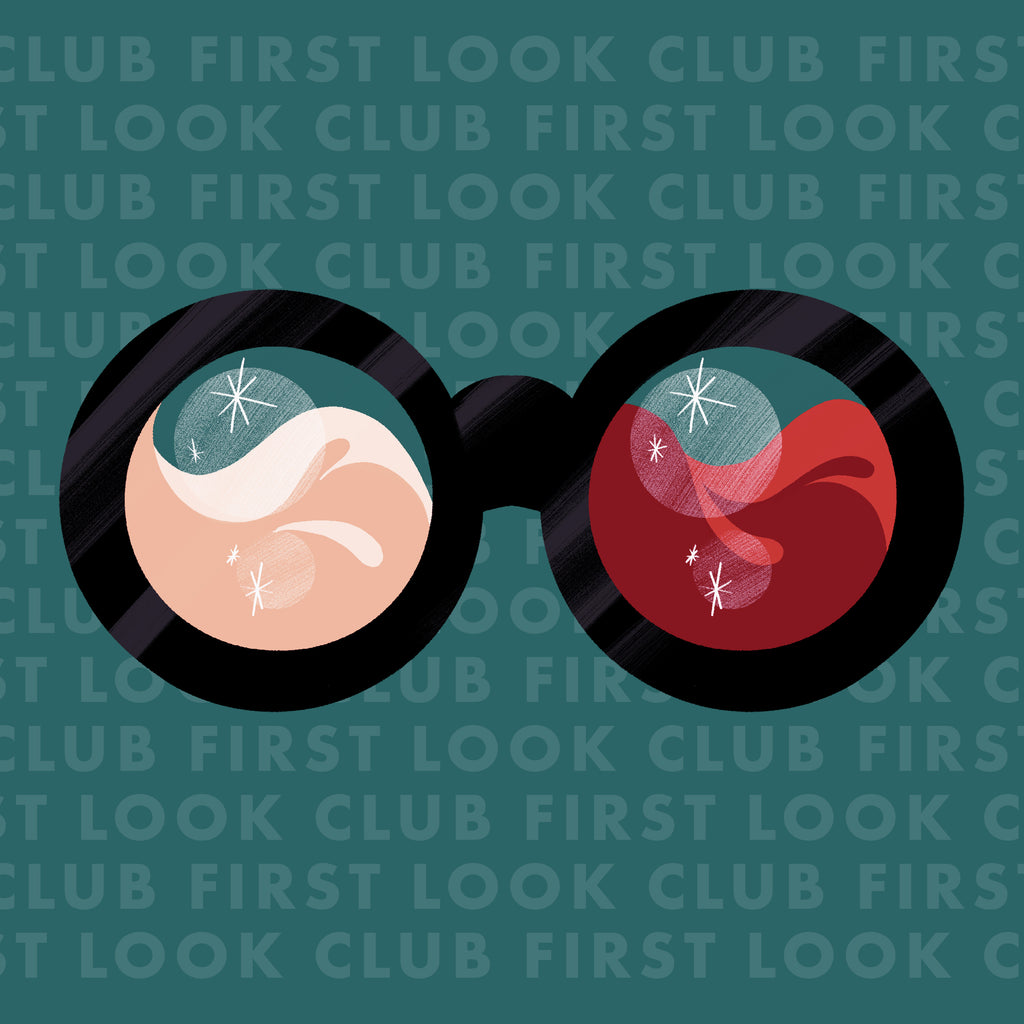Chardonnay vs Sauvignon Blanc: What Makes Them Different?
If you’re new to the wonderful world of wine, or simply searching for a new favourite, we’ve got you covered. Chardonnay and Sauvignon Blanc are two delicious, dry white wines. But that’s where the similarities come to an end.
Grab a bottle of each, and let the experts at WineLab take you through a wine tasting, right from the comfort of your own home!
Terms you might need to know
Before we get into the nitty-gritty of it, you might need to know the basics of wine-related jargon.
- Dry wine: this refers to the lack of sweetness in a wine, rather than the lack of moisture.
- Wine body: This refers to how thick the wine is and how it feels in your mouth.
Wines that have higher alcohol content are often more viscous. Some of the fuller-bodied wines like Cabernet Sauvignon and Merlot almost have a syrupy texture to them! Wine can range from light-bodied to medium-bodied, and full-bodied.
Chardonnay
Chardonnay grapes are among the most popular with approximately 518,900 acres dedicated to growing them globally. Although Chardonnay is grown in over 40 countries, there are a few regions that stand out:
- North Coast, California (including Sonoma and Napa)
- Oregon
- New Zealand
- Côte de Beaune, and Jura in France
Flavours and aromas
Chardonnay is often described as a dry, medium to full-bodied white wine. This means that it isn’t overly sweet and it is a little heavier in texture than most white wines.
The primary flavours in Chardonnay are subtle, fruity flavours. It is well known for its notes of apple, yellow melon, pear, peach, and even pineapple. Yum!
When it comes to ageing Chardonnay, there are two different styles - oak and unoaked. Ageing wine in oak is a common practice in Australia, New Zealand, and America. By ageing in oak, the wine acquires a more mature, heavier taste. Notes of cream, vanilla, and butter can be found in oaked Chardonnay. Unoaked, in contrast, has a much lighter, fresher taste.
Food pairing
Because Chardonnay is a heavier white wine, it pairs with heavier, creamy dishes. We recommend creamy seafood and pasta dishes, lobster, shrimp, or even crab cakes. If you’re opting for the vegan option, pair your Chardonnay of choice with dishes that use cauliflower or nut-based cream like tahini, and cashew cream.
Sauvignon Blanc
Originating in Bordeaux and the Loire Valley, Sauvignon Blanc grapes grow extremely well alongside other Bordeaux grape varieties. This particular wine is also quite popular in:
- New Zealand
- North Coast California
- Yakima Valley, Washington.
Flavours and aromas
In contrast to Chardonnay, Sauvignon Blanc is a dry, light-bodied wine. This means that it is noticeably sweeter and has an almost juicy taste.
The distinct flavour notes of Sauvignon Blanc is largely based on where the grapes are grown. For example, if grown in a cool climate, this wine denotes fresh flavours of green apple, gooseberry, and green vegetables. It is often described as having herbaceous characteristics as you might notice hints of freshly-cut grass and herbs.
When grown in warmer climates, Sauvignon Blanc can often take on flavours of grapefruit, white peach, and passion fruit. Warmer climates tend to remove the herby characteristics and replace them with sweeter, fruity flavours.
In contrast to Chardonnay, it is rare to oak Sauvignon Blanc. High-end Sauvignon Blanc producers in California are a notable exception to this though. As mentioned above, oaking can add hints of vanilla and cream.
Food pairing
Often referred to as a herbal wine, Sauvignon Blanc pairs beautifully with cheese. We're talking traditional cheese boards and goats cheese, in particular. Gyros, tabouli, and Mediterranean-style meats also work really well. Sauvignon Blanc also pairs well with coriander-heavy dishes, like Thai, and Vietnamese cuisine.


